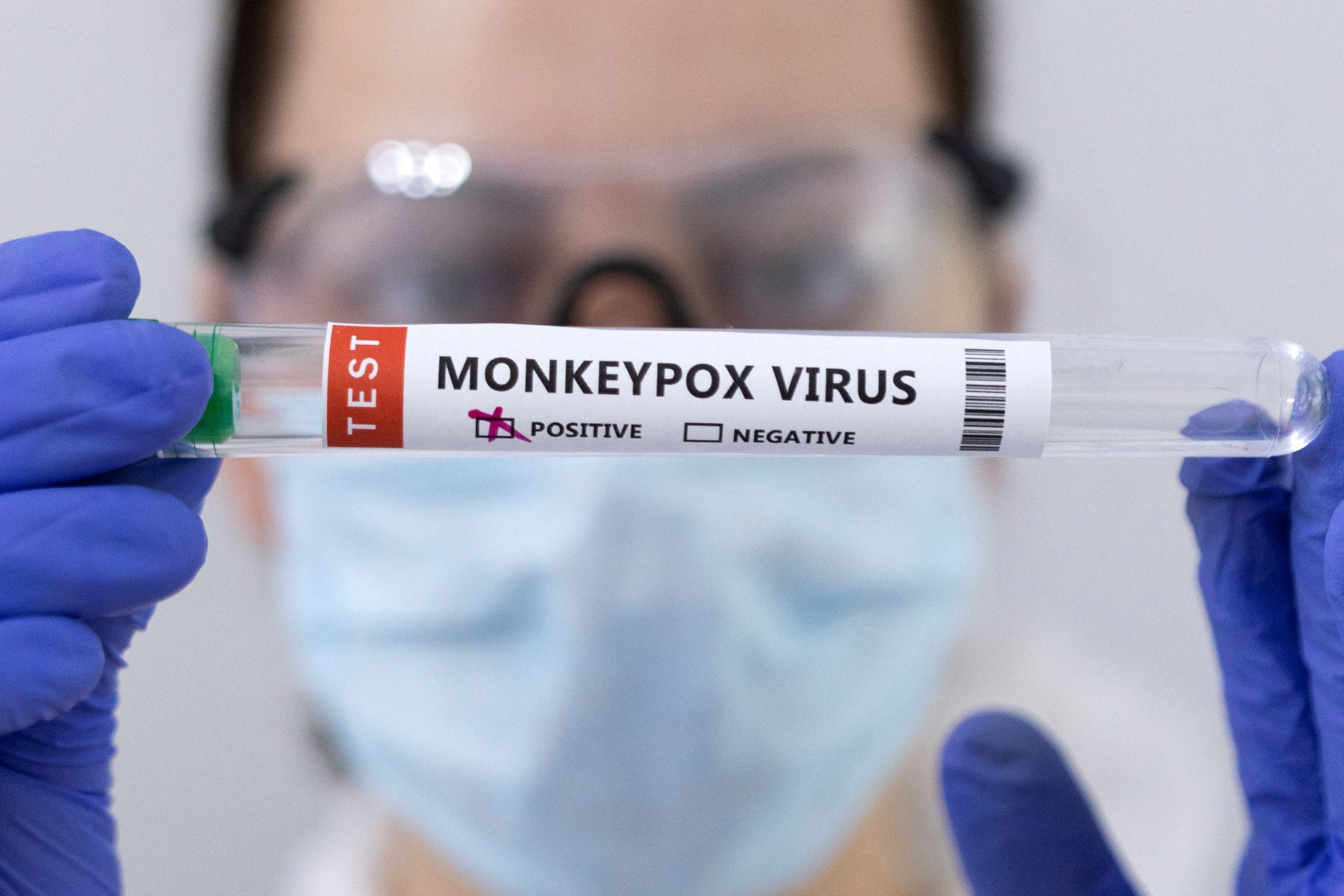Monkeypox: Virologist Dr Sarah Pitt to answer your questions
Got questions about monkeypox? Take part in our ‘Ask Me Anything’ with an expert

Monkeypox cases are rising in the UK - with 78 confirmed cases as of Wednesday.
Since the first confirmed UK case on 7 May, many questions have been raised: how is it spreading, what are the symptoms and should we be worried?
Dr Sarah Pitt, a virologist at the University of Brighton and Fellow of the Institute of Biomedical Science, will be on hand to answer Independent reader questions at an ‘Ask Me Anything’ event on Thursday 26 May.
She said: “Monkeypox is a disease caused by a virus in the same family as the smallpox virus. Despite the name it is not related to chickenpox and its preferred animal host is not monkeys.
“It is usually found in certain species of squirrel and rat in West and Central Africa. Humans can pick up the virus via close contact with an infected animal or through eating undercooked bush meat. The virus can sometimes be passed between humans through very close contact, but this is not usually common.
“The current outbreak is among people who are living outside of Africa and have not travelled there recently. This is not completely unheard of, but outbreaks tend to involve small numbers of people. For example, there was an outbreak in the UK in May 2021 when someone who had picked up the monkeypox virus in Nigeria infected two other people. There are now over 200 people across the world who are known to have this disease , but who have not travelled to Africa recently.
“The monkeypox virus is much more stable than SARS-CoV-2 or Influenza virus and is not prone to mutation. Detailed laboratory analysis of virus samples from some of the patients in Europe show a match to a strain of the West African version of the virus which was found in 2018 and 2019. So although some things about this outbreak are not clear, the unusual pattern is more likely to be related to human behaviour than to a dramatic change in the virus itself.”
Dr Pitt will be on hand to discuss monkeypox symptoms, how ill people with the infection can get, how the virus spreads, self-isolation, vaccines and anything else you want to know about the virus.
If you have a question about anything to do with monkeypox, submit it now, or when Dr Pitt joins you live at 3pm on Thursday 26 May.
To take part register to submit your question in the comments below. If you’re not already a member, click “sign up” in the comments box to leave your question.
Don’t worry if you can’t see your question after submitting – they may be hidden until Dr Pitt joins the conversation to answer them. Then join us live on this page at 3pm as she tackles as many questions as she can.
Subscribe to Independent Premium to bookmark this article
Want to bookmark your favourite articles and stories to read or reference later? Start your Independent Premium subscription today.

Join our commenting forum
Join thought-provoking conversations, follow other Independent readers and see their replies